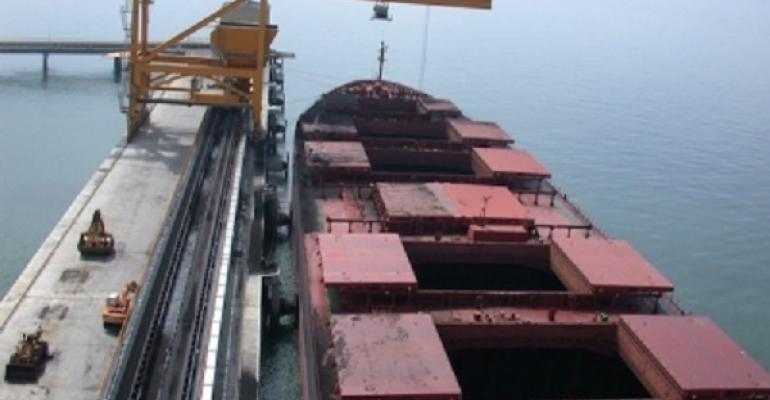Responding to the decree on “The provision of the use of sea transports and national insurance for the purpose of export and import of certain goods”, ICS secretary-general Peter Hinchliffe wrote to the Indonesian ministers for transport and energy and mineral resources as well as various other top officials, saying the global shipping industry “is very concerned that the decree appears to require that transportation of specified products and goods on international voyages, to and from Indonesian territory, must be conducted using Indonesian vessels”. The ruling applies to the carriage and insurance of rice, coal and crude palm oil (CPO), the latter two being some of Indonesia’s biggest commodities exports.
Although the decree had been issued in October 2017 and is expected to come into force on April 26, there has so far been a lack of clarity on implementation.
This past week wire reports have highlighted the concerns of industry bodies concerned about the effect the ruling will have on their trade. Just last week Reuters quoted the executive director of the Indonesia Coal Mining Association as expressing concerns and saying that the lack of direction and clarity on the policy has had an effect on future contracts for the year.
“If our understanding is correct, this would appear to be a form of discriminatory cargo reservation, which would be contrary to accepted international practice and maritime free trade principles that are adhered to by Indonesia's trading partners, including those in Asia,” ICS warned.
It further added: “Cargo reservation is also contrary to the obligations which Indonesia has accepted as a member of the World Trade Organization (WTO) and the commitments that governments have made under the 'Model Maritime Schedule' as part of the ongoing Doha Round.”
Hinchliffe further pointed out that “if the decree is implemented as drafted, this is likely to have damaging impacts on the wider Indonesian economy and those industries whose cargoes will be directly affected (and) implementing such protectionist measures would also limit competition in Indonesian shipping trades and almost certainly lead to an increase in shipping costs”.
He noted that government intervention in international maritime trade such as this, with possible unfair competition and market distortion effects, “will also reduce confidence amongst international shipping companies, planning future investments in business in Indonesia”.
Hinchliffe said: “If the decree is implemented as drafted this would also create an unwelcome precedent that could be emulated by other nations, by adopting retaliatory measures against Indonesian vessels engaged in international trade.”
“We therefore respectfully request the Indonesian government to review, remove or amend Articles 3 and 5 so they are consistent with accepted principles of global maritime trade and the commitments governments have made at the WTO,” he concluded.
Copyright © 2024. All rights reserved. Seatrade, a trading name of Informa Markets (UK) Limited. Add Seatrade Maritime News to your Google News feed.


